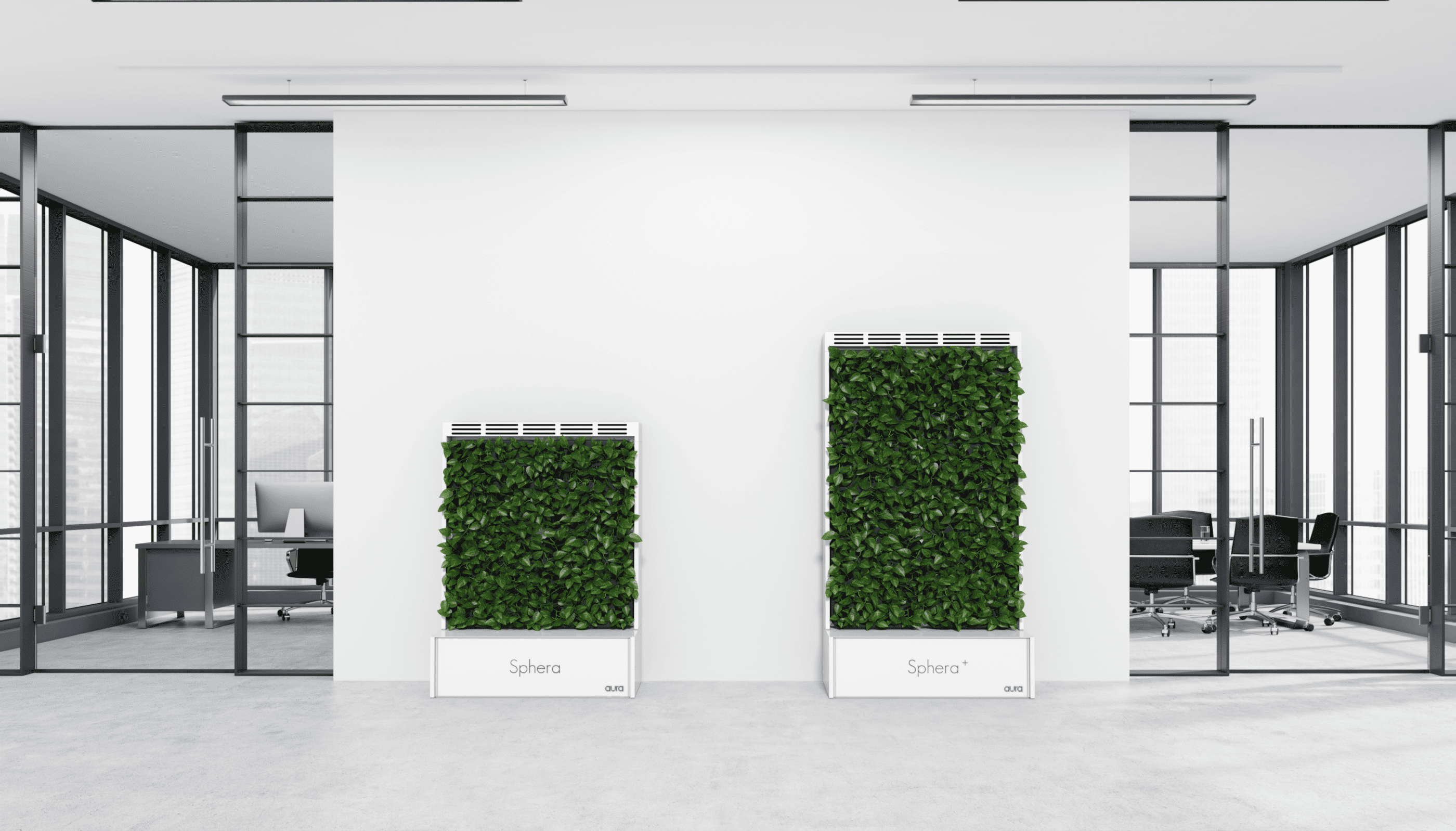
About REEDuce – noise protection technologies
- Founders: Birgit van Duyvenbode
- Founded in: 2021
- Employees: 5
- Money raised: Funding: aws First Incubator, Greenstart, Climate Launchpad, GROW by Deloitte Future Fund & Impact Hub
- Ultimate goal: We want to REEduce noise on roads and from other sources in a sustainable way and contribute to healthy, sustainable living now and in future generations.
Birgit van Duyvenbode completed the interdisciplinary master’s program Environmental Technologies & International Affairs at the Vienna University of Technology and the Diplomatic Academy of Vienna. She had just gained a foothold in consulting when she heard about an environmentally friendly technology for noise barriers. This had already emerged from a highly endowed EU project in 2008. Birgit was enthusiastic and initially tried to persuade others to bring the project to market – but in vain. As she pursued the idea into her sleep, she realized she had to do it herself.
In 2021, she founded REEDuce – noise protection technologies, started developing the prototype, applied for funding and commissioned standards measurements. In 2022, she made it onto Forbes magazine‘s 30 Under 30 list with her startup. This spring, in cooperation with ASFINAG, a 16-meter test field will be built on an expressway.
In this episode of the Start-up-of-the-Day series, Birgit talks about her innovation and the challenges of starting up:
What problem are you solving and why is it important?
“REEDuce is the first ecological noise barrier system made of reed, thermally treated wood, and clay. It is built in the spirit of the circular economy and binds more CO₂ than is generated during its production. As a result, it not only effectively reduces noise from roads, manufacturing plants, and other noise sources, but also helps improve air quality. In addition, the sustainable noise barrier can also provide a home for insects.”

What is your motivation?
“In Austria alone, areas the size of more than fifty soccer fields are covered with conventional noise barriers every year. They are produced in a CO₂-intensive way and have to be disposed of as hazardous waste at the end of their service life – after about twenty to thirty years. The insulating materials and impregnations are particularly problematic.
The first test field for our ecological noise protection system was erected back in 2008 as part of the research project – and is still standing today. That’s why we know REEDuce has a long service life and can last longer than noise barriers made of chemically treated wood or traditional concrete construction.”
What was the biggest obstacle you had to overcome?
“Getting market approval for noise control systems is a lengthy, involved, and costly process. In the process, performing a series of acoustic and mechanical standard measurements is mandatory. These standards are essential because they ensure the quality of products. However, some of these standards are drawn up by bodies that are mainly made up of established manufacturers of conventional solutions. This creates a market entry barrier that is very difficult for a young and innovative company to overcome. At the moment, we are still in the market approval phase, but we hope to have successfully completed all the necessary measurements by 2024.”

What achievements have made you really proud?
“We receive positive feedback from potential customers on a daily basis – and this includes both private individuals who suffer from high levels of noise pollution, as well as companies and public bodies who want to protect their fellow human beings from noise. This drives us immensely and shows us that we are on the right track with REEDuce.”
How difficult was it to get funding?
“There is a wide range of funding available in Austria and we have already received some important funding. For example, the First Incubator from Austria Wirtschaftsservice Gesellschaft (AWS), the GROW accelerator program from Impact Hub Vienna and Deloitte Future Fund, and the Greenstart initiative from the Austrian Climate and Energy Fund are worth mentioning. We have used these grants to develop the prototype and to conduct the first standard measurements. Currently, we are writing further funding applications in order to be able to carry out the missing measurements as well.”

What are the conditions like in your location?
“Austria – and Vienna in particular – has a vibrant startup scene. Access to financing and funding is relatively easy. The geographic location in the heart of Europe also facilitates expansion into Central and Eastern European countries, as well as the entire German-speaking region. Furthermore, according to the Economist ranking, Vienna is the most livable city in the world!”
Where would you like to be with your company in five years – what is your ultimate goal?
“We want to establish a new standard in the public and private sectors with the REEDuce noise barrier. In the future, when we drive along European highways and country roads, we don’t want to see walls made of aluminum, concrete, plastic, or chemically impregnated wood, but only walls that are environmentally friendly and have sustainable added value. We are also convinced that reed has enormous potential as a sustainable building material. That’s why we plan to expand our portfolio and develop more high-quality, cost-efficient, and ecological building products.”
What makes your innovation better/different than existing things?
“We rely on renewable, high-performance, and resilient raw materials that add value not only in the short term but also in the long term. The special arrangement of the reeds efficiently reduces sound. In this respect, the REEDuce noise barrier can compete with conventional products in terms of noise reduction. At the same time, our noise barrier serves as a CO2 sink. That is, it can sequester more CO2 than it generates during production.”
Hiring?
“Yes, we are currently looking for energetic technical employees in product development, a project manager, an employee in supply chain management, and a CFO!”







